How to Improve Your RV's Gas Mileage
Filling an RV or tow vehicle's gas tank is never cheap, even when the price of fuel is low. Even worse, it never seems to get you as far as you would like! Gas mileage in the single digits would be shocking to most "daily drivers," but in the RV world it's very common.
There are a lot of factors that contribute to the gas mileage of RVs. One that we can't do much about is that RVs aren't very aerodynamic, with a few exceptions. Most are tall, square, and heavy. But don't despair! You can make a difference in your miles per gallon with a few adjustments. In fact, you can increase your gas mileage by up to 20% just by inching up a fraction of a mile per gallon, depending on where you start.
#1: Watch Your Weight
It stands to reason that the heavier an RV is, the lower your gas mileage will be. When it comes time to pack for a trip, it's tempting to bring as much stuff as the RV will carry, but remember that everything you take will affect your gas mileage and clutter an already small space.
Make space for the essentials, of course, like your fire extinguisher and tool kit. But choose carefully when deciding what to pack otherwise.
Here are some tips that can help lighten your load:
- Only bring essential kitchen appliances, pots, and pans. If you think you might use your Crock Pot once, don't bring it.
- The same goes for dishes, silverware, and cups. If there are only two of you traveling, do you really need place settings for 8? Bring only what you need.
- Travel with an e-reader instead of printed books.
- Pack only the clothes you'll need for a week or so and do laundry on the road.
- If you have outdoor gear like kayaks or bikes, consider how often you'll use them. If it's a long trip and you'll only use them once or twice, it might be more cost-effective to rent them instead.
- Empty your tanks! Dump before you leave a spot, or as close to your campsite as possible if you're boondocking. Travel with just the minimum amount of fresh water, and fill up when you get to your next stop.
#2: Check Your Tire Pressure
Tire pressure can give you one of the biggest gas mileage boosts, and it's pretty low-maintenance once you get the hang of it. Having low tire pressure increases the size of your tire footprint on the road and therefore increases the drag. This increased drag means your engine has to work harder to keep your RV moving down the road and therefore has negative effects on your fuel economy.
One good way to keep constant attention on your tire pressure is with a wireless electronic tire pressure monitoring system. We love the TST TPMS because it's reliable and easy to use. Just install individual sensors on each tire by screwing them onto the valve stems. The sensors will then communicate wirelessly to a display mounted inside your RV where you can check the pressure and temperature of each tire at a glance. You'll maximize your gas mileage and help prevent flat tires, all in real time. Tires that have been run at low pressure are at the highest risk for blowouts on the road, so a TPMS is also a wonderful safety gadget. You can add these to both your RV and your tow vehicle, too.
#3: Slow Down
The way you drive, including your acceleration and cruising speed, has an impact on your gas mileage. Nascar-style fast starts burn a lot of gas, so start slowly and follow the speed limits. Where highway speed limits are high, drive even slower if you can safely do so. An average speed of 55-60 MPH gives you much better gas mileage than driving 65-70 MPH. Besides, you're on vacation—what's the rush? It's easy to bring our commuter habits with us on the road, but remember why you're RVing in the first place. It's probably to relax and enjoy the journey, so remember that when you're behind the wheel. Your wallet will thank you.
#4: Don't Ignore Your Engine
Take your engine in for regular service, according to the schedule suggested by the manufacturer. If your engine is overdue for regular maintenance, it's not going to run as efficiently as it should—not to mention the fact that it could create a safety hazard. If your RV starts handling differently or making strange sounds, get it checked as soon as you can. Dirty air filters and old spark plugs or wires can steal your fuel economy if you aren't careful. Besides, your RV isn't just a mode of transportation. It's your home, too! It pays to keep it running well. Consider every penny you spend on maintenance a preventative measure that will save a dollar in repairs later on. Those dollars could be much better spent on making happy memories with your family.


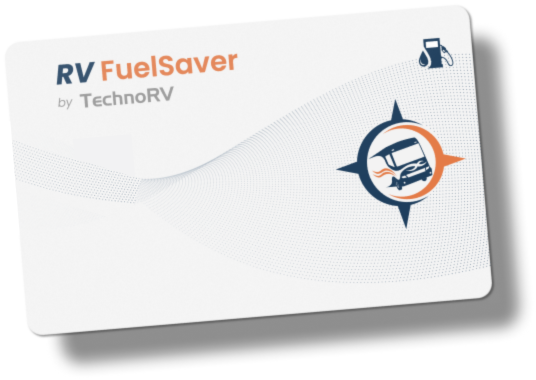
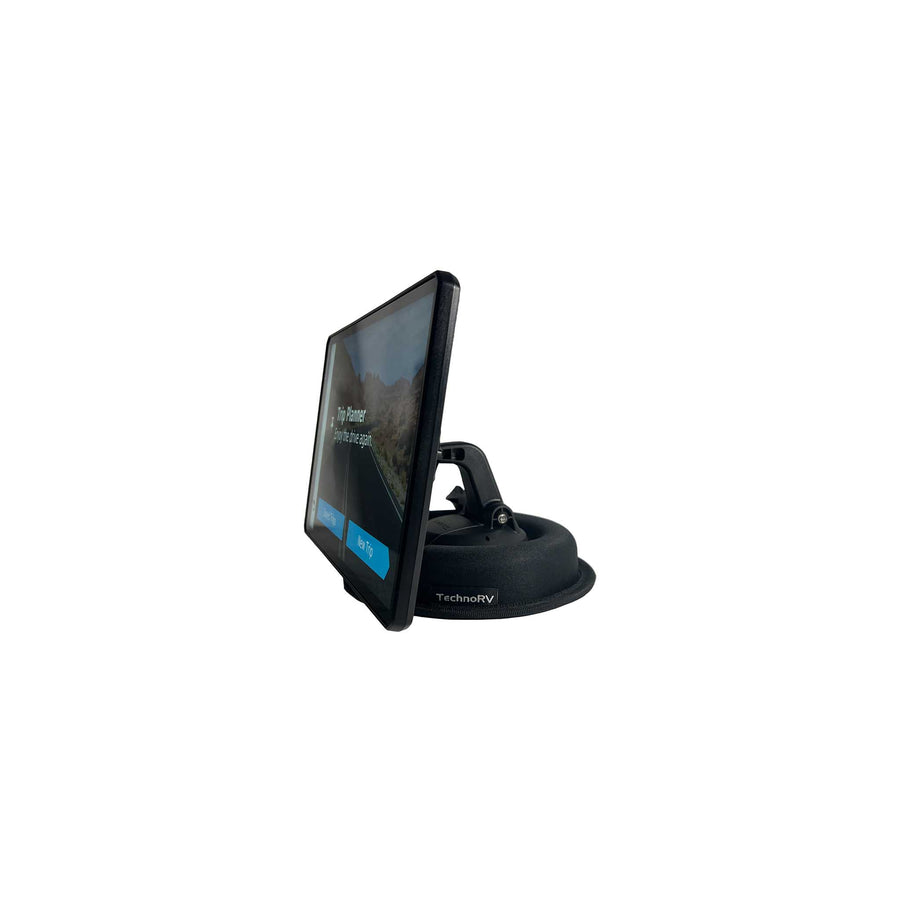
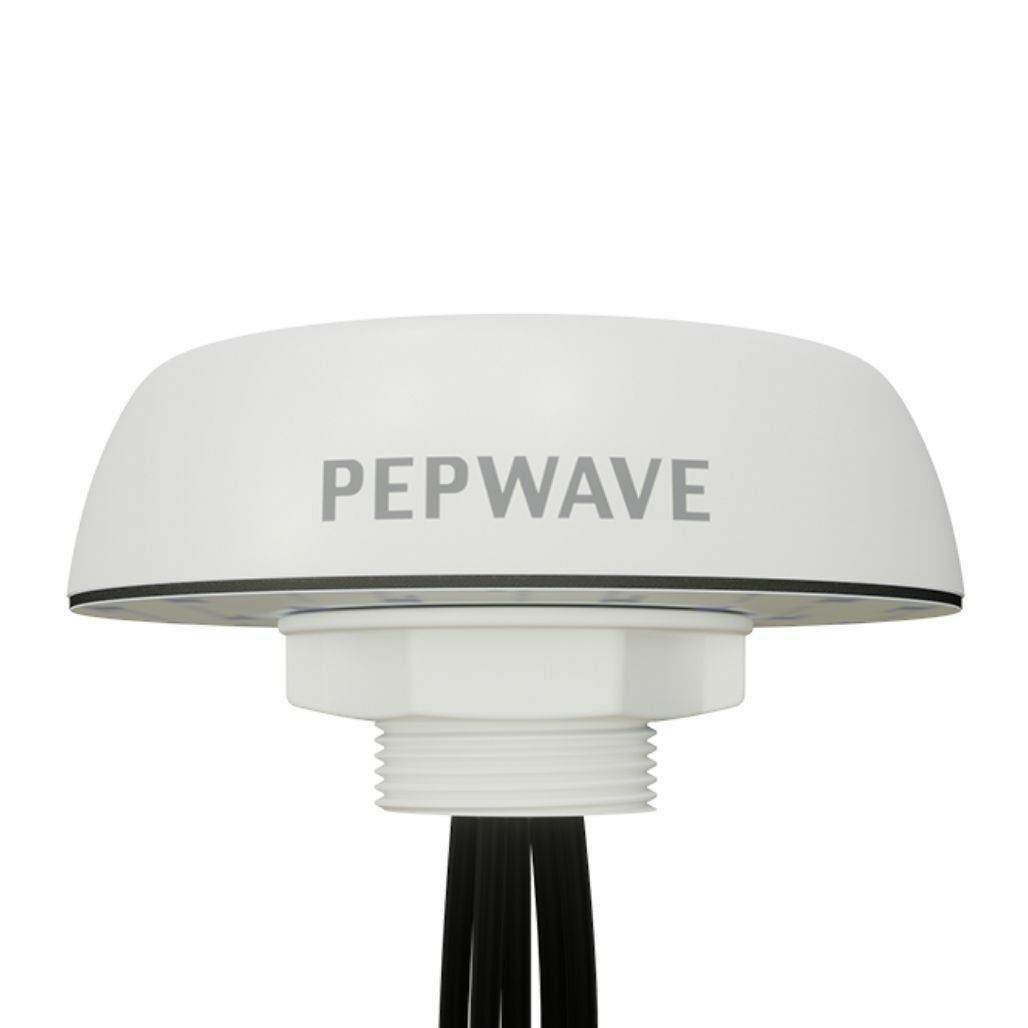

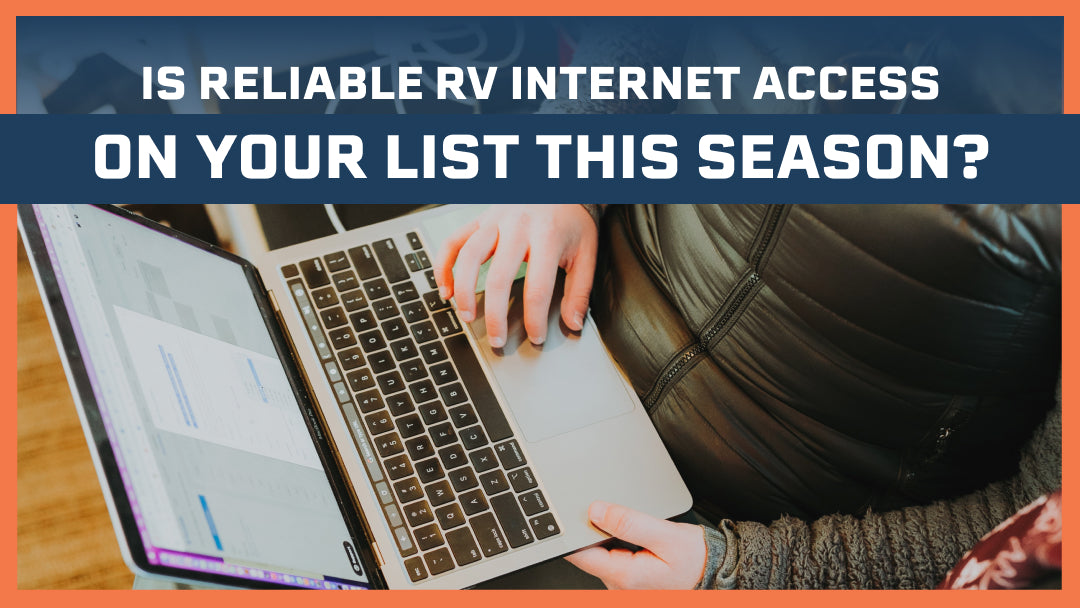
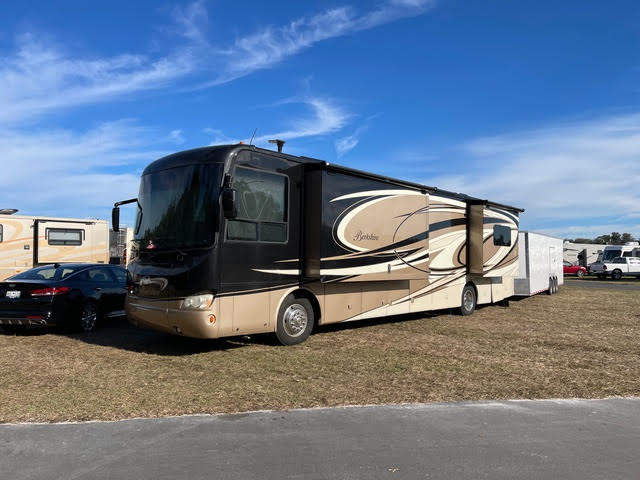
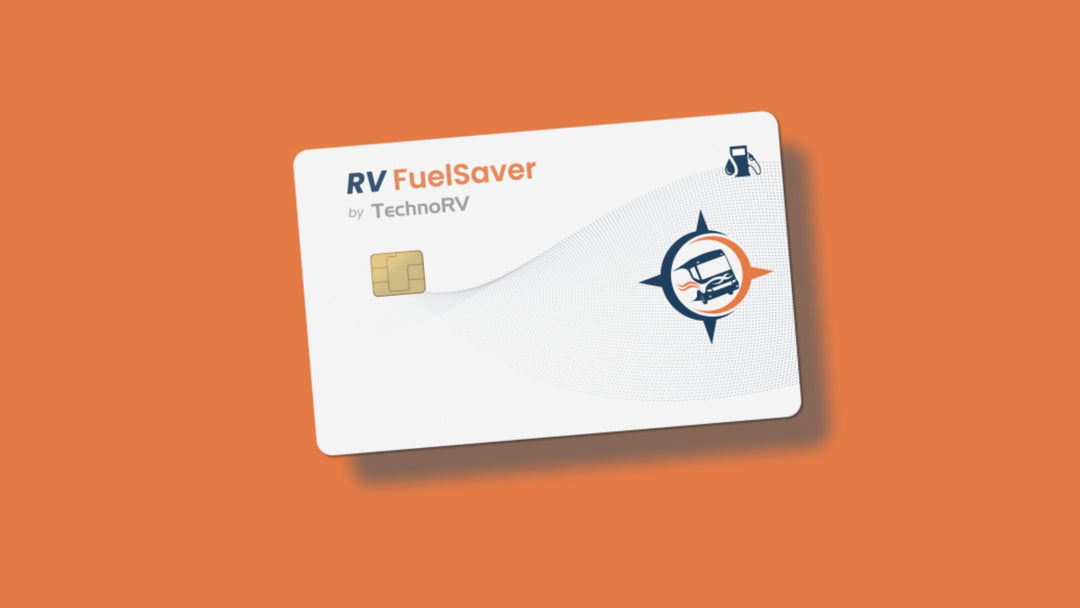
Leave a comment